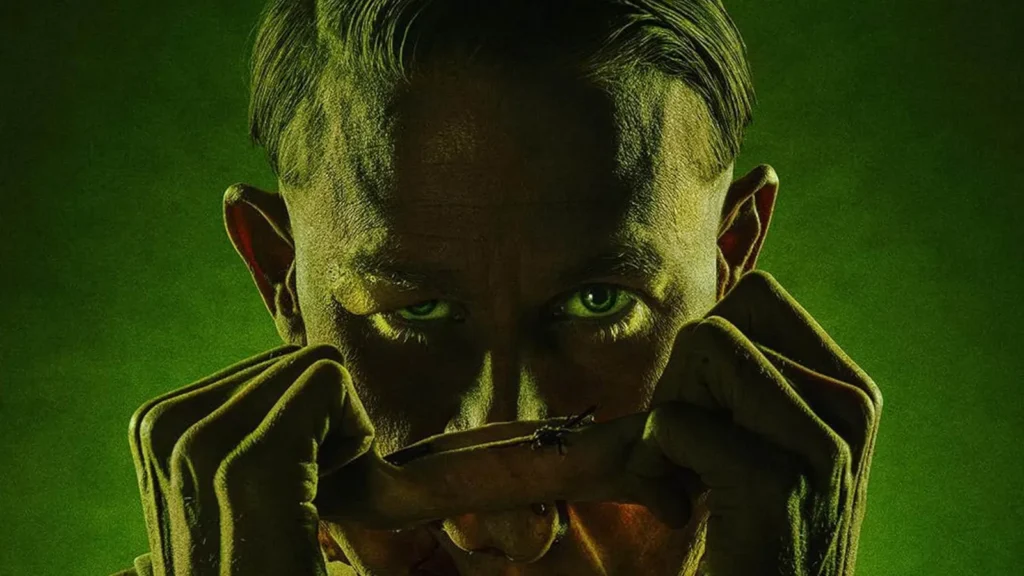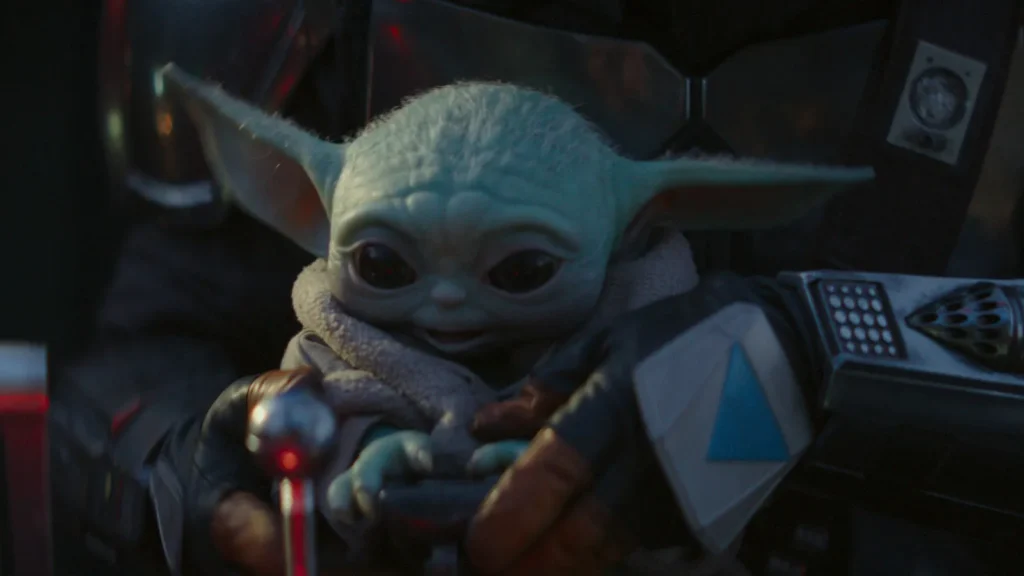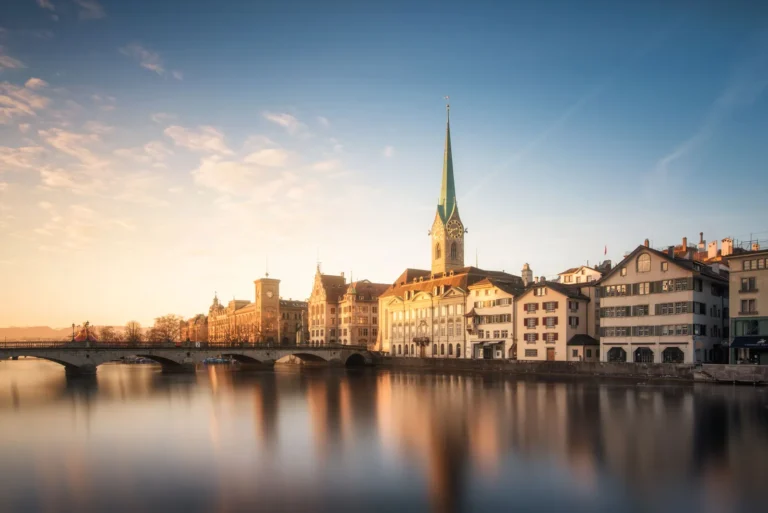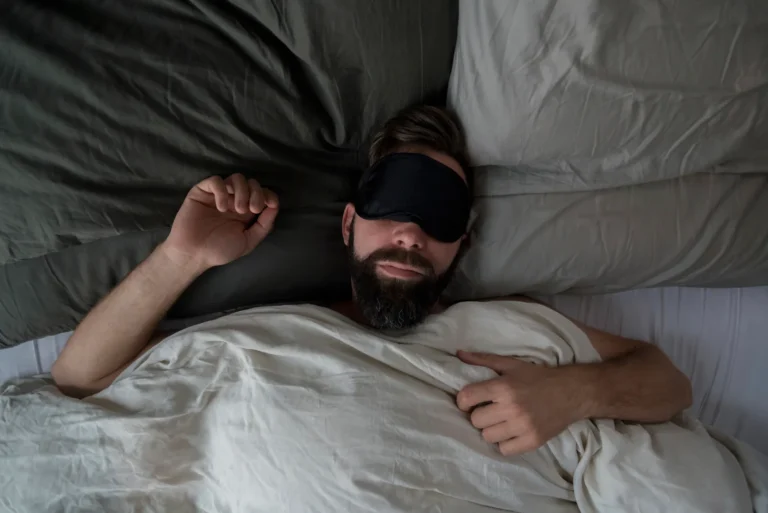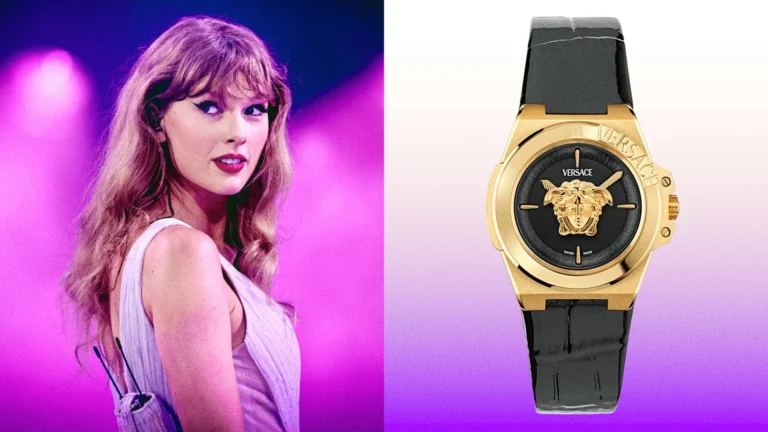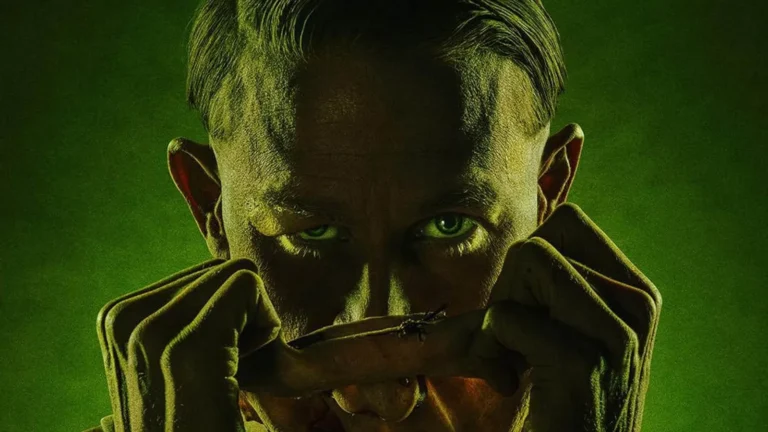Anime has a special ability to explore the human psyche in ways that live-action cinema often struggles with. The best psychological anime movies don’t just entertain; they challenge perceptions, blur the line between reality and illusion, and leave viewers questioning what it means to be human.
From classics like Akira to modern gems such as When Marnie Was There, these films push storytelling into deeply unsettling yet fascinating territory. If you’re looking for anime movies that combine mystery, philosophy, and breathtaking visuals, this list is for you.
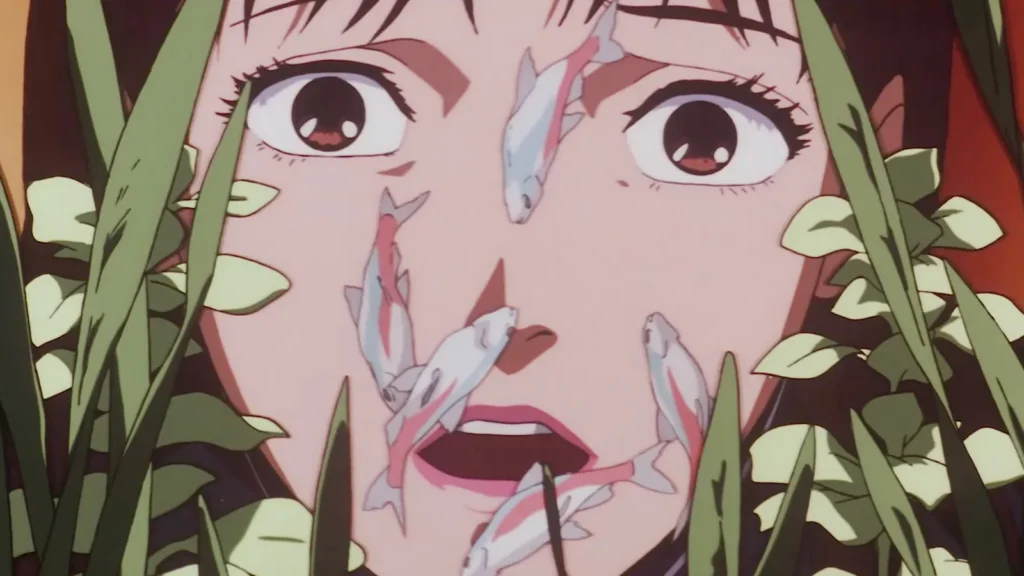
What Makes a Psychological Anime Movie?
Psychological anime films explore themes such as identity, paranoia, morality, memory, trauma, and the fragility of human perception. Unlike traditional action-packed anime, these works often:
- Challenge reality vs. illusion
- Explore inner fears and obsessions
- Present morally complex characters
- Use surreal visuals to mirror psychological breakdowns
This isn’t just entertainment—it’s a thought experiment wrapped in stunning animation.
1. Paprika (2006)
- Director: Satoshi Kon
- Studio: Madhouse
Satoshi Kon’s Paprika is a dreamlike journey into the unconscious mind. The story follows a device that allows therapists to enter their patients’ dreams. When the machine is stolen, dreams and reality begin to merge in chaotic, surreal ways.
Christopher Nolan famously drew inspiration from Paprika when creating Inception. But while Inception plays like a polished Hollywood thriller, Paprika embraces pure dream logic, where the bizarre feels natural and the natural feels uncanny.
Why it blows your mind: It’s a kaleidoscope of shifting identities and impossible spaces that makes you wonder whether dreams are more real than waking life.
2. Perfect Blue (1997)
- Director: Satoshi Kon
- Studio: Madhouse
Often described as one of the darkest psychological anime movies ever made, Perfect Blue follows Mima, a pop idol who quits singing to pursue acting. What begins as a career shift spirals into paranoia, obsession, and blurred reality as a stalker and a mysterious “other self” torment her.
This is Satoshi Kon’s masterpiece of psychological horror, often compared to films like Black Swan.
Why it blows your mind: It’s a disturbing dissection of identity, fame, and exploitation, where the boundaries between reality and hallucination vanish.
3. Ghost in the Shell (1995)
- Director: Mamoru Oshii
- Studio: Production I.G
Set in a futuristic cyberpunk Japan, Ghost in the Shell asks one of the deepest philosophical questions in anime: What makes us human when our bodies are machines and our minds can be hacked?
Major Motoko Kusanagi, a cyborg police officer, hunts a hacker known as the Puppet Master—only to confront the limits of her own identity.
Why it blows your mind: The blending of cybernetics, artificial intelligence, and existential philosophy makes this not only a sci-fi milestone but also one of the most thought-provoking anime films ever made.
4. Akira (1988)
- Director: Katsuhiro Otomo
- Studio: TMS Entertainment
Set in a post-apocalyptic Neo-Tokyo, Akira follows Kaneda and Tetsuo, two teenage bikers caught in a government conspiracy involving psychic powers. When Tetsuo gains uncontrollable abilities, his transformation threatens to destroy the city—and humanity itself.
Akira is more than a cult classic. Its animation, world-building, and themes of government control, rebellion, and the terror of unchecked power cemented its place in cinema history.
Why it blows your mind: The film visualizes raw psychic chaos and the fragility of human civilization in ways that still feel fresh decades later.
5. When Marnie Was There (2014)
- Director: Hiromasa Yonebayashi
- Studio: Studio Ghibli
Unlike the other dark thrillers on this list, When Marnie Was There offers a quieter, more melancholic psychological story. Anna, a lonely girl, befriends the mysterious Marnie at an abandoned mansion. Their friendship feels otherworldly, and as secrets unravel, Anna’s understanding of memory, loss, and identity deepens.
Why it blows your mind: This Ghibli film hides a haunting ghost story under its soft watercolor tones, touching on themes of trauma, memory, and belonging.
6. Tekkonkinkreet (2006)
- Director: Michael Arias
- Studio: Studio 4°C
Set in Treasure Town, this film follows Black and White, two orphaned boys fighting to protect their city from yakuza gangs and corrupt developers. On the surface, it’s a crime drama—but at its heart, it’s about balance, chaos, and the human psyche fractured between innocence and violence.
Why it blows your mind: Its surreal art style and symbolic characters embody Yin and Yang, offering a psychological allegory for duality and survival.
7. The Garden of Sinners (2007–2013)
- Director: Various (based on Kinoko Nasu’s novels)
- Studio: ufotable
This film series (Kara no Kyōkai in Japanese) combines murder mysteries with supernatural horror. Protagonist Shiki Ryougi investigates crimes that defy reason, confronting paranormal forces and her own fractured identity.
Why it blows your mind: Each installment tackles a different psychological theme—from pain and memory to morality and perception—making it a multilayered saga of human fragility.
8. Belladonna of Sadness (1973)
- Director: Eiichi Yamamoto
- Studio: Mushi Production
This psychedelic classic tells the story of Jeanne, a woman who, after suffering abuse and betrayal, makes a pact with a demonic figure. The film explores her transformation into both victim and avenger, blending eroticism, surreal art, and raw psychology.
Why it blows your mind: It’s not just a story of revenge but a haunting exploration of oppression, desire, and madness—delivered through some of the most avant-garde visuals in anime.
9. Uzumaki (2000, miniseries adaptation)
- Director: Hiroshi Nagahama
- Based on: Junji Ito’s manga
Though technically a series, Uzumaki is one of the most unsettling psychological horror experiences in anime. The residents of a small town fall under the influence of spirals—yes, spirals—that appear everywhere. As the obsession grows, so does the madness, leading to grotesque and disturbing outcomes.
Why it blows your mind: Junji Ito turns a simple geometric shape into a symbol of cosmic horror, showing how obsession devours sanity.
10. Death Parade (2015, miniseries)
- Director: Yuzuru Tachikawa
- Studio: Madhouse
At the mysterious Quindecim bar, the recently deceased must play games of chance that reveal their true selves. Decim, the bartender-judge, decides whether their souls are reincarnated or condemned.
While it leans toward supernatural fantasy, the series is deeply psychological, exploring morality, regret, and the meaning of life.
Why it blows your mind: It forces viewers to consider how choices define us, even after death.
Comparison Table: Best Psychological Anime Movies
| Title | Year | Director | Main Theme |
|---|---|---|---|
| Paprika | 2006 | Satoshi Kon | Dreams, reality, subconscious |
| Perfect Blue | 1997 | Satoshi Kon | Identity, paranoia, fame |
| Ghost in the Shell | 1995 | Mamoru Oshii | Humanity, AI, consciousness |
| Akira | 1988 | Katsuhiro Otomo | Power, destruction, government control |
| When Marnie Was There | 2014 | Hiromasa Yonebayashi | Memory, trauma, belonging |
| Tekkonkinkreet | 2006 | Michael Arias | Duality, survival, urban chaos |
| The Garden of Sinners | 2007–13 | Various | Death, morality, supernatural crime |
| Belladonna of Sadness | 1973 | Eiichi Yamamoto | Oppression, revenge, desire |
| Uzumaki | 2000 | Hiroshi Nagahama | Obsession, cosmic horror |
| Death Parade | 2015 | Yuzuru Tachikawa | Judgment, morality, afterlife |
Why Psychological Anime Movies Stay With Us
The best psychological anime movies go beyond visual spectacle. They push us into unsettling territory where identity, memory, and morality are fragile constructs. Unlike simple thrillers, these films linger in the mind long after the credits roll.
Whether you’re diving into Satoshi Kon’s surreal masterpieces, Junji Ito’s spiraling nightmares, or Studio Ghibli’s quieter ghost stories, these films will challenge how you see reality itself.
Anime may be a medium, not a genre, but psychological anime proves it can rival—and often surpass—live-action cinema in exploring the deepest corners of the human mind.

